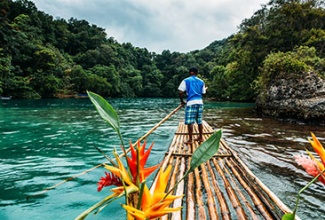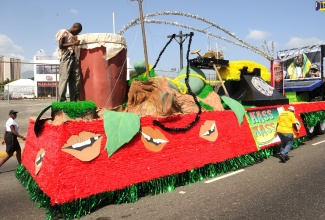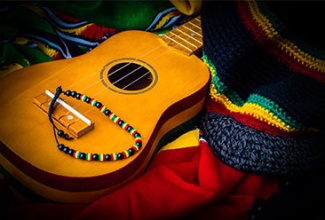Information
- Home
- |
- page
- |
- Information
- Home
- |
- page
- |
- Information
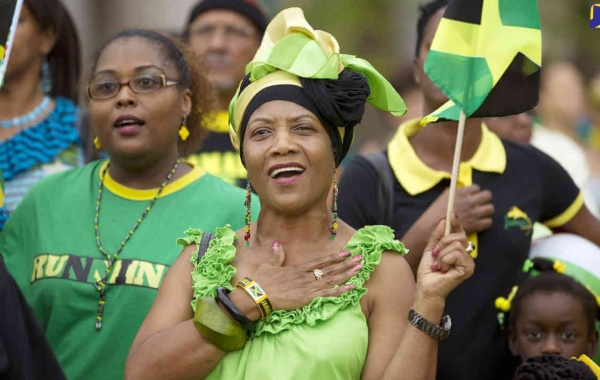
Out Of Many, One People
Jamaica is one of the most diverse and colourful countries in the Caribbean. Our history, our culture and our people have propelled this small island of just 4,244 sq. miles to the international stage.
Highlights
-
SQUARE MILES
4,244 -
PEOPLE
2,898,677 -
INDEPENDENCE
1962
This is Jamaica
Returning Residents
Featured
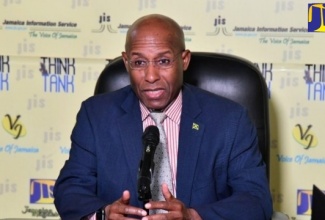
Returning Residents Urged to Utilise Jamaica Business Gateway
Returning residents who are interested in starting a business are being encouraged to utilise the recently launched Jamaica Business Gateway for assistance. Minister of Industry, Investment and Commerce, Senator the Hon. Aubyn Hill, who gave the advice, said the electronic...
read moreMore News
- Gov’t Develops Online Portal to Facilitate Returning Residents
- Gov’t Incentivising Overseas Nationals To Invest, Return Home
- Returning Jamaicans, visitors urged to obey COVID-19 protocols
- Online Application And Booking Portal Being Used By Returning Residents
About Jamaica
Jamaica is the 3rd largest Island in the Caribbean, home to some of the world’s fastest sprinters ever and it’s own genre of music, reggae, made world famous by the legendary singer Bob Marley.
- Parishes : 14
- Capital : Kingston
- Government : Constitutional Monarchy
Listen to our National Anthem
Famous Jamaicans
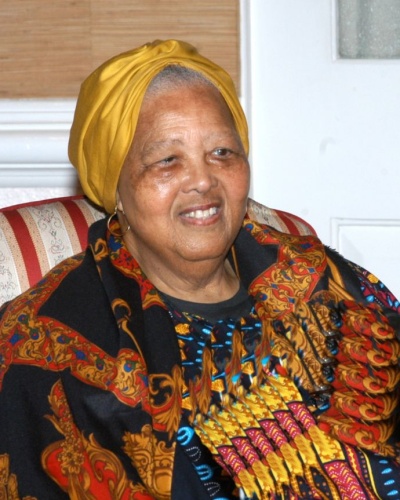
Louise Bennett-Coverley
Louise Bennett was born on September 7, 1919. She was a Jamaican poet and activist. From Kingston, Jamaica Louise Bennett remains a household name in Jamaica, a "Living Legend" and a cultural icon. She received her education from Ebenezer and...
read more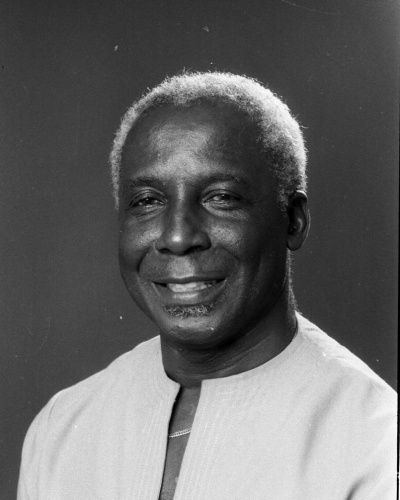
Ralston Milton Nettleford
“Patriotism… is not short, frenzied outbursts of emotion, but the tranquil and steady dedication of a lifetime,” as quoted by former United States Presidential nominee Adlai Stevenson. And with a lifetime of dignified and distinguished service to Jamaica and the...
read more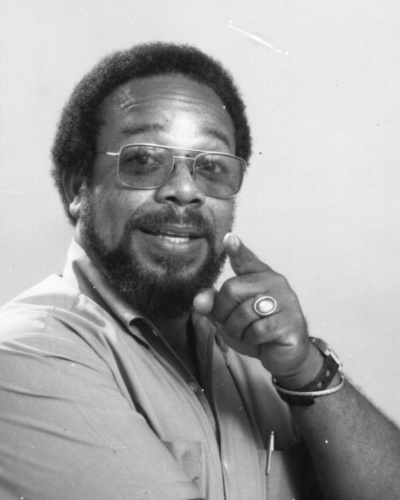
Charles Hyatt
Charles Hyatt is well known as a talented actor, playwright, director, author and broadcaster. A Kingstonian by birth, he was educated at St. Alloysious Boys School and St. Simon’s College. He later studied at Theatre Royal in the United Kingdom....
read more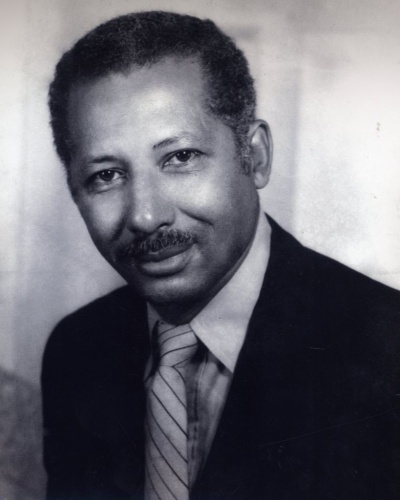
Herbert Henry McKenley
SPORTING LEGACY: What he left behind in accomplishments on the field of sport reads like a bestselling novel. At the 1948 and 1952 Olympic Games in London and Helsinki respectively, he won three individual silver medals, two of which were...
read more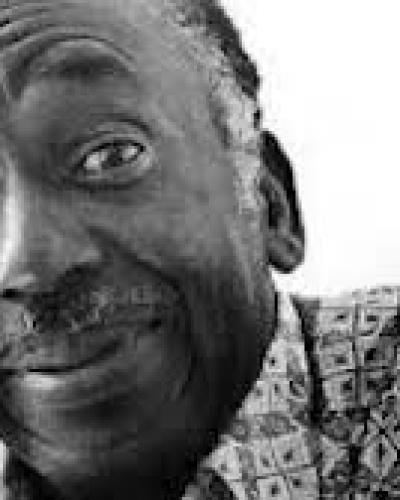
Randolph Samuel Williams
Randolph Samuel Williams (Mas Ran) was born in Colon Panama on October 26, 1912. He came to Jamaica at the age of six. He attended Tutorial College, Calabar High and Kingston Technical High. Ranny Williams was a dramatist and comedian....
read more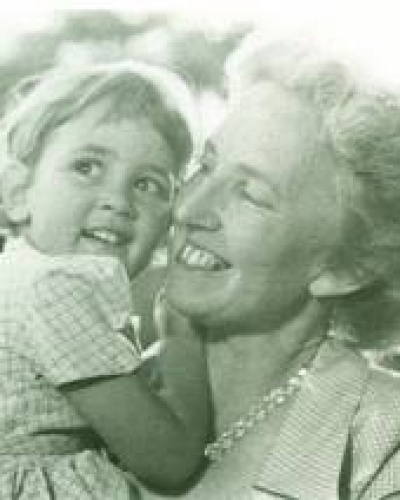
Edna Manley
Edna Manley was born in Yorkshire, England in 1900 to a Jamaican mother and an English father and died February 2, 1987. She studied at various art schools in England including St, Michael's School of Art, London and privately with...
read more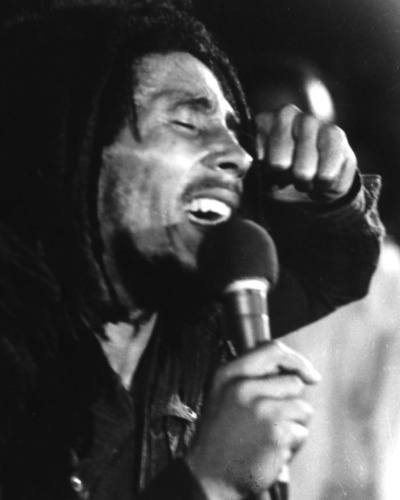
Robert Nesta Marley
Musical Emissary Hailed as the “most charismatic emissary of modern Pan-Africanism”, by Timothy White in his book, Catch a Fire: The Life of Bob Marley, distinguished international Reggae artiste, the Hon. Robert Nesta Marley, more popularly known as Bob Marley,...
read moreGet The Facts
Newest
Water Distribution in Jamaica
The National Water Sector Policy was created by the Government of Jamaica (GOJ) in 2009 to strategise the distribution of water for all Jamaicans. The policy incorporates the Vision 2030 goals for universal access to water and targets the strengthening...
read moreTopics
Frequently Asked Questions
Latest Faqs
How Do I protect Myself From Cybercrimes?
Cybercrime is any crime in which a computer is the object of the crime or is used as a tool to commit an offence. Most common cybercrimes work by accessing/stealing sensitive and personal information that can cause great damage to...
read moreTopics
- Steps to become Cyber Safe
- Antivirus Protection
- Use Secure Internet Networks
- Keep your information private
- Have a back up
Information News

Online Registration Only for Data Controllers

Information Commissioner Urges Data Controllers to Register
Information Commissioner, Celia Barclay, is urging data controllers to register, despite any obstacles they may face in meeting the requirements of the Data Protection Act (DPA) 2020. Ms. Barclay’s plea...
read more
OIC to Process Data Controllers’ Registration Applications in Order of Priority
The Office of the Information Commissioner (OIC) will be processing registration applications for Data Controllers in order of priority. In a public notice published on June 2, the OIC said...
read moreUseful Information
Todays Tip
Do’s and Don’ts in Communicating with the Deaf and Hard of Hearing
Effectively communicating with persons from the Deaf and Hard of Hearing Community may prove to be more difficult than anticipated for the Hearing because of obvious barriers to communication. Persons from the Deaf community have various needs that facilitate how...
read moreIn this Article
- How to communicate with a Deaf and Hard of Hearing person
- What to do when interacting with a Deaf and Hard of Hearing person
- What not to do when interacting with a Deaf and Hard of Hearing person
Need more information?
Search Related Pages

Search pages under the information section. Here you will find information about Jamaica, her people, history, culture and her many treasures.


